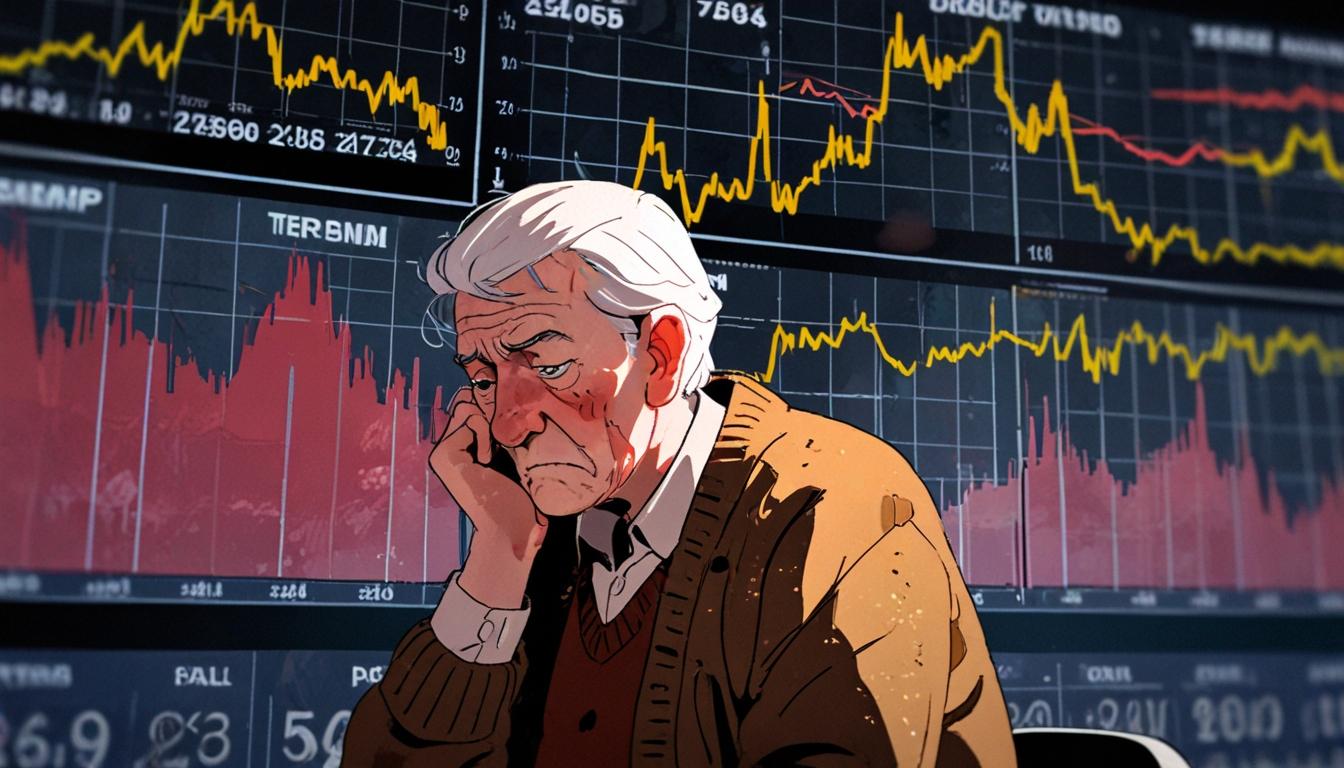Donald Trump's recent trade policy, specifically his implementation of sweeping tariffs against nearly 90 countries, has had significant financial repercussions, particularly for pension funds in Scotland. Reports indicate that this trade war may have resulted in a loss of up to £12 billion from the value of Scottish retirement savings.
The impact of Trump's tariffs has been described as a "carnage" in global stock markets, with significant falls observed after his announcements. Investment experts have analysed this situation, confirming that the average worker's pension fund has taken an estimated hit of around 7%. For a typical mid-career worker in the UK, this translates to a reduction in their pension pot of approximately £5,968, further illustrating the widespread financial implications of these tariff policies.
According to data from the Office for National Statistics (ONS), there are about 1.94 million workers in Scotland enrolled in workplace pension schemes. This sizeable demographic suggests that the total reduction in pension funds due to Trump's tariffs could be as substantial as £11.6 billion. Alex Cole-Hamilton, the Scottish Liberal Democrat leader, expressed concern over the economic ramifications of Trump's strategy, labelling it as “economic wrecking ball” and a “daft tariff plan.” He emphasised the adverse effects on both American and British citizens, calling attention to the reality that such policies could impact anyone, from mid-career professionals to those nearing retirement.
Tom Selby, the director of public policy at pension investment firm AJ Bell, noted that while the specifics of each workplace pension vary, it is reasonable to conclude that the initial financial impact of the tariffs on Scottish pension pots would indeed reach into the billions. Selby further explained that short-term volatility is inevitable when the world's largest economy, which has integral connections to the global market, instigates such drastic measures.
Despite a slight market rally following Trump’s announcement of a tariff reduction to 10% on all countries except China, the overall recovery of pension fund values and stock markets remains uncertain. Concerns about a broader economic downturn and a potential US-China trade war continue to loom, creating an environment of apprehension for long-term savers.
For those individuals nearing retirement who may have a high equity exposure, Selby advised caution, suggesting that they might need to reconsider their investment strategies. It may be prudent for these individuals to either remain invested and hope for market recovery or to potentially delay their retirement plans to mitigate the fallout from these recent financial fluctuations.
The sharp and ongoing market changes sparked by these trade policies underscore the complexities of global economic interdependence and the potential vulnerability of pension funds to geopolitical decisions.
Source: Noah Wire Services
